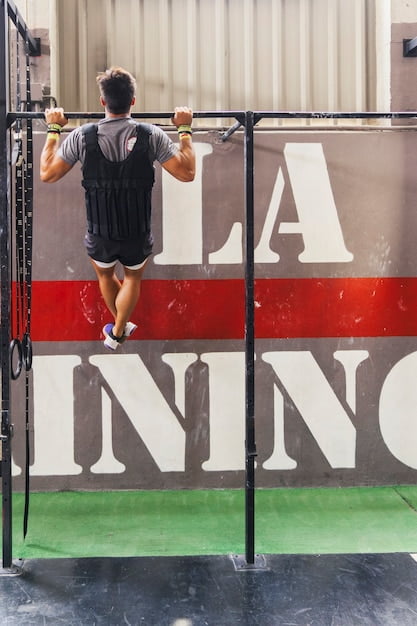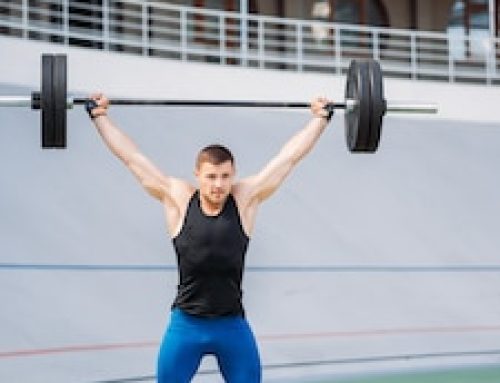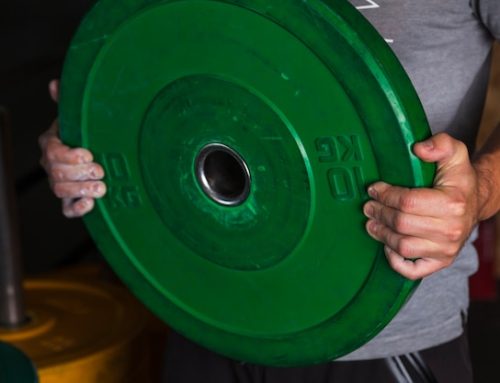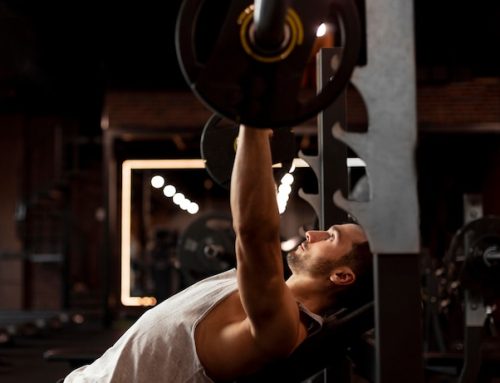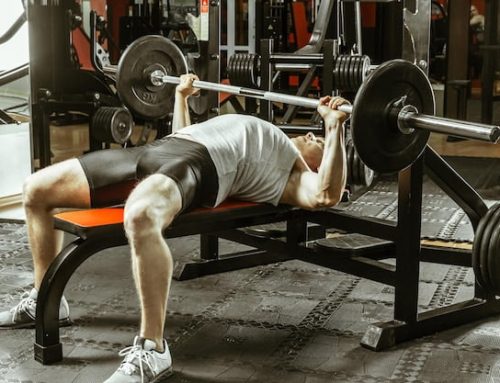The Truth About Bodybuilders and Milk: Why Do They Avoid It?
When it comes to bodybuilding and nutrition, there are many myths and misconceptions that continue to persist. One of the most common is the idea that bodybuilders should avoid milk. But is there any truth to this claim? In this article, we will explore the reasons why some bodybuilders choose to avoid milk and whether or not there is any merit to this practice.
Problems with Lactose
One of the most frequently cited reasons for bodybuilders avoiding milk is lactose intolerance. Lactose is a sugar found in milk and other dairy products. Many people have difficulty digesting lactose due to a deficiency in the enzyme lactase, which is responsible for breaking down lactose in the digestive system. This can lead to bloating, gas, and other digestive issues.
According to a study published in the Journal of Dairy Science, approximately 65% of the global population has some degree of lactose intolerance. However, this does not mean that everyone who is lactose intolerant needs to avoid milk entirely. There are many low-lactose and lactose-free milk products available, such as lactose-free milk, almond milk, and soy milk.
Concerns about Fat and Calories
Another reason bodybuilders may avoid milk is due to concerns about fat and calories. Whole milk, for example, contains approximately 150 calories per cup and 8 grams of fat. For bodybuilders who are trying to maintain a lean physique, these calories and fat grams can add up quickly.
However, it’s important to note that there are many low-fat and fat-free milk options available. For example, skim milk contains only 83 calories per cup and less than 1 gram of fat. Other non-dairy milk options, such as unsweetened almond milk or unsweetened soy milk, can be even lower in calories and fat.
Impact on Hormones
There is some evidence to suggest that milk consumption can have an impact on hormone levels in the body. Milk contains naturally occurring hormones, including estrogen and progesterone, which can have an effect on the body’s hormonal balance.
In particular, some studies have suggested that milk consumption may increase levels of insulin-like growth factor 1 (IGF-1), a hormone that is involved in the growth and development of muscle tissue. However, the evidence on this is mixed, and more research is needed to determine the true impact of milk on hormone levels.
Alternative Sources of Protein and Calcium
For bodybuilders who choose to avoid milk, it’s important to find other sources of protein and calcium to support their training and recovery. Fortunately, there are many non-dairy options available that can provide these essential nutrients.
Some of the best protein sources for bodybuilding include lean meats, such as chicken, turkey, and fish, as well as plant-based proteins like tofu, tempeh, and legumes. These foods are also high in amino acids, which are essential for muscle repair and growth.
Calcium can be found in many non-dairy sources as well, such as leafy greens, fortified almond milk or soy milk, and fortified orange juice. Calcium is crucial for maintaining strong bones and preventing injuries, making it an essential nutrient for bodybuilders.
Conclusion
In conclusion, while some bodybuilders may choose to avoid milk, there is no clear evidence to suggest that it is necessary for optimal performance or results. Lactose intolerance and concerns about calories and fat may be factors, but there are many low-lactose and low-fat options available.
Additionally, while milk may have an impact on hormone levels, more research is needed to determine the true extent of this effect. Overall, bodybuilders should focus on finding a balanced, nutrient-dense diet that includes plenty of protein and calcium, whether or not they choose to include milk in their nutrition plan.
